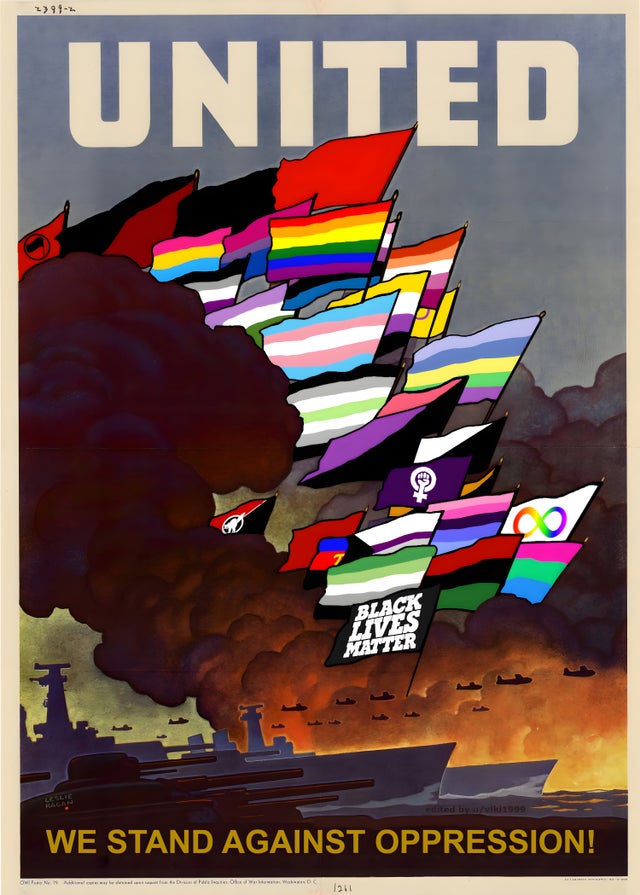The United Federation of Planets (abbreviated as UFP and commonly referred to as the Federation) was a supranational interstellar union of multiple planetary constituent political entities under a single central government, founded on the principles of liberty, equality, peace, justice, and progress, with the purpose of furthering the universal rights of all sentient life. Federation members exchange knowledge and resources to facilitate peaceful cooperation, scientific development, space exploration, and mutual defense.
One of the most powerful interstellar states in known space, it encompassed eight thousand light years. The total number of formal member worlds was over one hundred and fifty in the 24th century. At its height, at an unstated time between the 25th and 31st century. it numbered three hundred and fifty members (DIS: "Die Trying"). Unlike its imperial rivals – especially the Klingon Empire and the Romulan Star Empire – who derived power from a single species subjugating other races. the Federation's various member worlds joined voluntarily and were equals in the Federation's democratic society
Starfleet was incorporated to maintain exploratory, scientific, diplomatic, and defense functions.
Federation culture, values, and technology had vast influence; across space and time, as well as other dimensions and subspace domains. Encountering numerous clashing ideologies, some conflicts escalated into significant resistance, such as armed conflict, and even temporal incursions intended to prevent key historical events from occurring.
Government
The exact nature of the government of the Federation has never been made clear on screen. From the information available, the United Federation of Planets would appear to have been a constitutional representative republic, to and in which constituent members delegate some of their sovereignty, who participated in a legislature known as the Federation Council, elected a chief executive known as the Federation President, and which were ostensibly balanced by a judiciary headed by a Federation Supreme Court.
The exact division of powers between the Federation government and the governments of its member worlds is unknown, though various episodes indicate the Federation placed great value on maintaining local sovereignty over local affairs – as late as the 2270s, Kirk makes reference to the Vulcan embassy, either to the Federation itself or to United Earth, which suggests that member worlds continued to exchange diplomatic representatives with each other. This is consistent with a canon that member worlds were left to manage their own governance in accordance with their own traditions and local laws, so long as the general requirements of membership were met, similar to how the member states of the European Union are bound together today.
However, Federation law did grant the government emergency authority to override local governance and declare martial law on a member's territory
Star Trek: United Federation of Planets - Complete History
Megathreads and spaces to hang out:
- ❤️ Come listen to music and Watch movies with your fellow Hexbears nerd, in Cy.tube
- 💖 Come talk in the New Weekly Queer thread
- 💛 Read and talk about a current topics in the News Megathread
- ⭐️ August Movie Nominations ⭐️
reminders:
- 💚 You nerds can join specific comms to see posts about all sorts of topics
- 💙 Hexbear’s algorithm prioritizes comments over upbears
- 💜 Sorting by new you nerd
- 🌈 If you ever want to make your own megathread, you can reserve a spot here nerd
- 🐶 Join the unofficial Hexbear-adjacent Mastodon instance toots.matapacos.dog
Links To Resources (Aid and Theory):
Aid:
Theory:


Goddam congrats! That's the really hard one to quit.
If I'm honest I'm lucky, I spent 6 years on it and got out just as everything turned to pure fent. (And my dealer got his door kicked in) so if I kept using I don't think I'd be alive RN to shit post. But thank you!